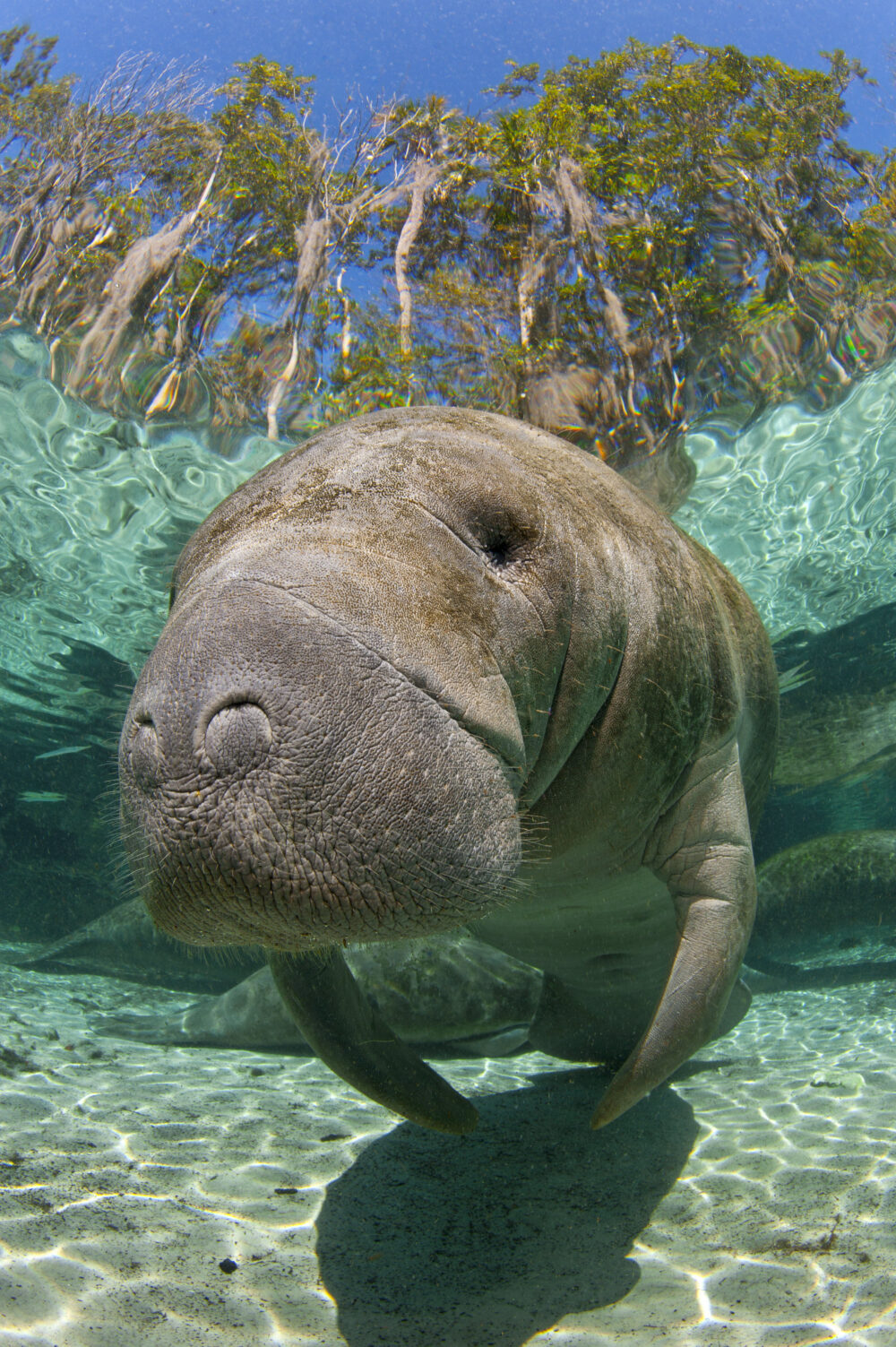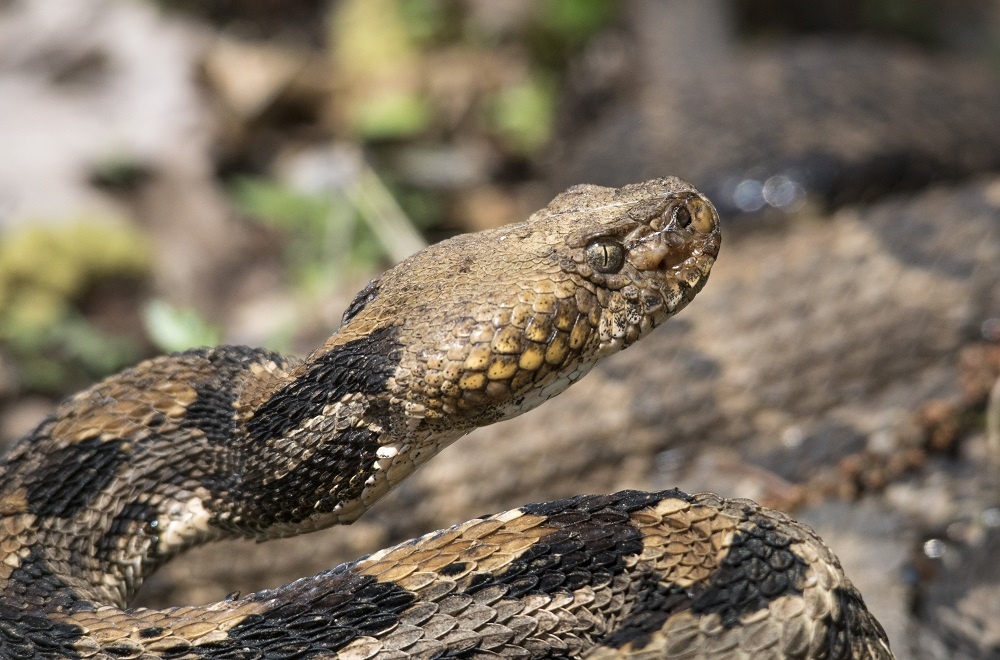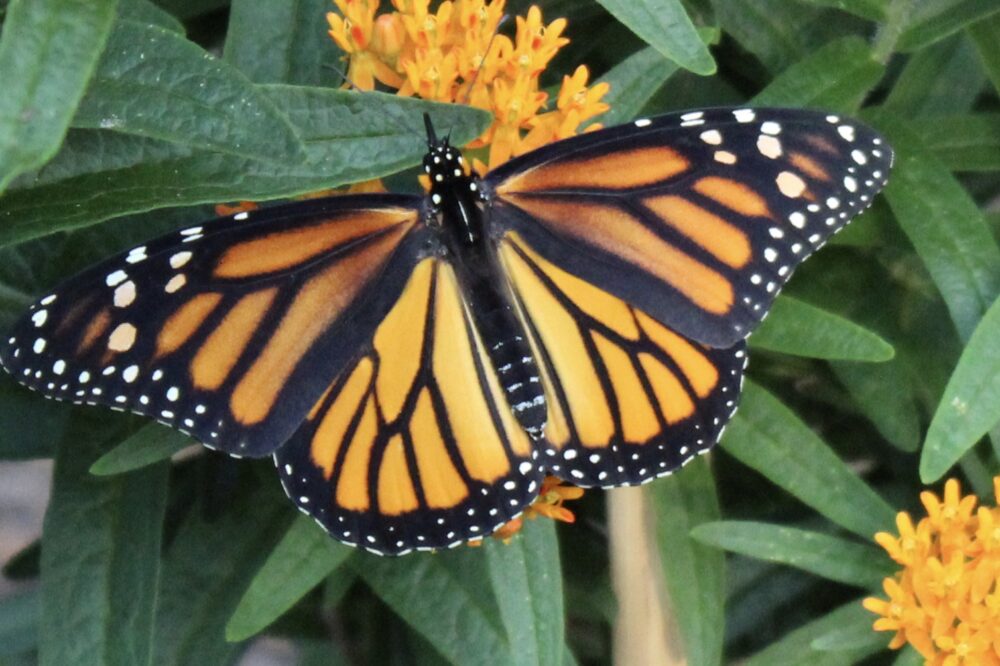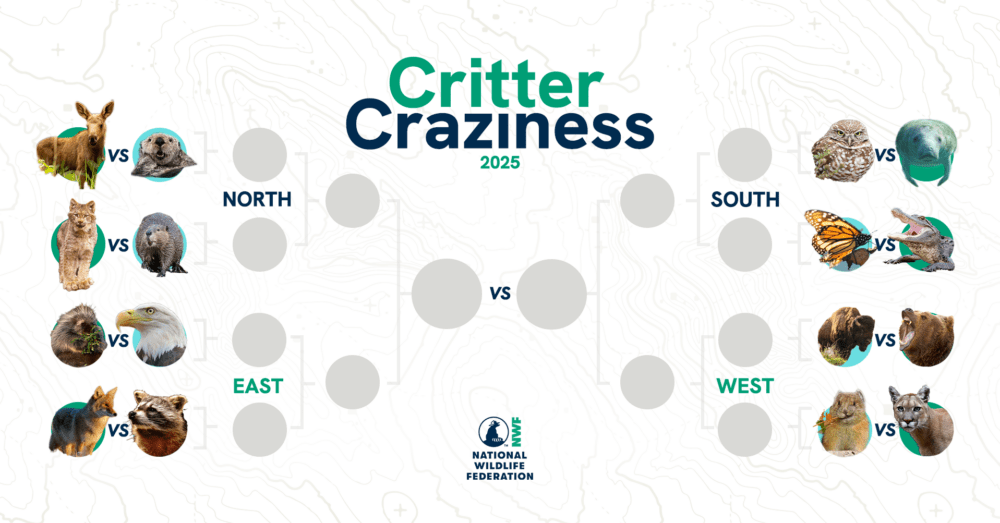We have much more to do and your continued support is needed now more than ever.
Weekly News Roundup: California Mountain Lions are Winning and more
The pursuit of a new wildlife crossing in Los Angeles is in the works thanks to the combined effort of the National Wildlife Federation, California Department of Transportation and our affiliate the Santa Monica Mountains Fund. The crossing would connect two areas of open space that are currently protected by the Santa Monica Mountains Recreation Area. California mountain lions have long been impacted by U.S. Route 101 when searching for habitat, and this wildlife crossing will help ensure wildlife are no longer struck and killed by vehicles.
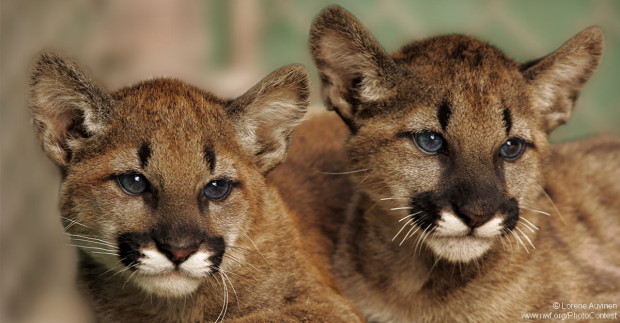
Please don’t forget that your support is needed to help protect wildlife. Help out mountain lions and other wildlife by donating today!
What’s happening at the National Wildlife Federation this week?
Groups to Highlight Greater Detroit Conservation Efforts for New National Wildlife Federation CEO Collin O’Mara

NWF: Bill on drilling permits could be vehicle to fund well inspections

“The Bureau of Land Management says about 7,000 drilling permits that have been approved are sitting idle. Meanwhile, the Government Accountability Office says the BLM has failed to inspect thousands of wells that could pose threats to the environment,” Zimmerman said. “If we don’t adequately fund and staff the agencies charged with ensuring that energy development is carried out responsibly, we risk polluting our air and water, endangering fish and wildlife and losing the ability to hunt, fish and recreate on public lands.”
Senators Support Clean Water Act Rulemaking

Three of the National Wildlife Federation’s state affiliates thanked the senators for their support of the rule and its extended public comment opportunity.
Sportsmen applaud hearings on renewable bills

“The SFRED coalition has long advocated being smart from the start about renewable energy development so that we strike the right balance between the need for clean energy and the public lands vital for fish and wildlife,” said Kate Zimmerman, the National Wildlife Federation’s public lands policy director.
Coalition Submits Comments on Revised Great Lakes Action Plan

“Federal Great Lakes restoration investments have produced tremendous results in communities across the region,” said Todd Ambs, campaign director for the Healing Our Waters-Great Lakes Coalition. “With some simple improvements, a strong program can be even better.”
NWF in the News:
The Washington Post: Competing visions of cataclysm at an EPA hearing
Collin O’Mara, chief executive of the National Wildlife Foundation, said that with wetlands drying up and ticks threatening moose from Minnesota to Maine, “I’m here to speak for wildlife, because they can’t speak for themselves.’’
ABC 7: Helping the wildlife in your area
Naturalist David Mizejewski from the National Wildlife Foundation joined us to share some tips on how you can create a natural garden that helps wildlife in your area.
OutdoorHub: Leaders of Conservation: NWF Sportsmen’s Outreach Manager John Gale
“Wildlife doesn’t vote and neither do conservationists,” Darling once said, referring to the fact that while many people cared about the plight of America’s wildlife, there was little in way of advocacy. Darling envisioned a grand network of like-minded individuals empowered to take up the cause, and that manifested in what we now know as the NWF.
The Washington Examiner: More climate change, more money problems
Collin O’Mara, chief executive of conservation and sportsmen group the National Wildlife Federation, said the proposed rule would help blunt the effects of climate change that are suppressing tourism and outdoor recreation revenues.
The Bowie Blade News: Bowie offers $20 for backyard habitat certification
Bowie will reimburse 50 Bowie residents the cost of certifying their homes as wildlife habitats to help the city become a National Wildlife Federation Community Wildlife Habitat.















